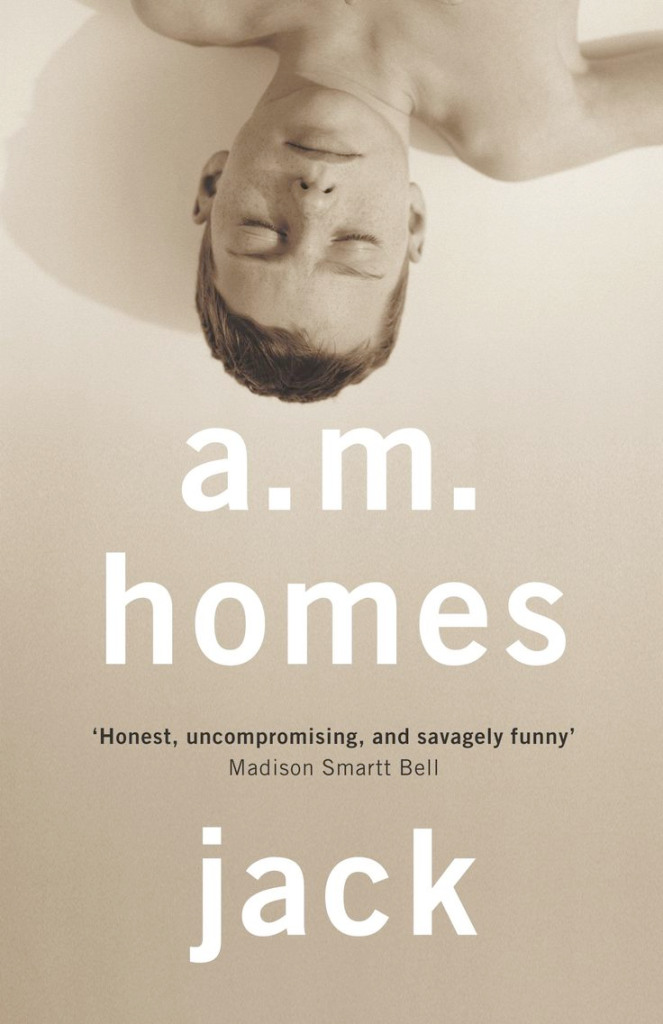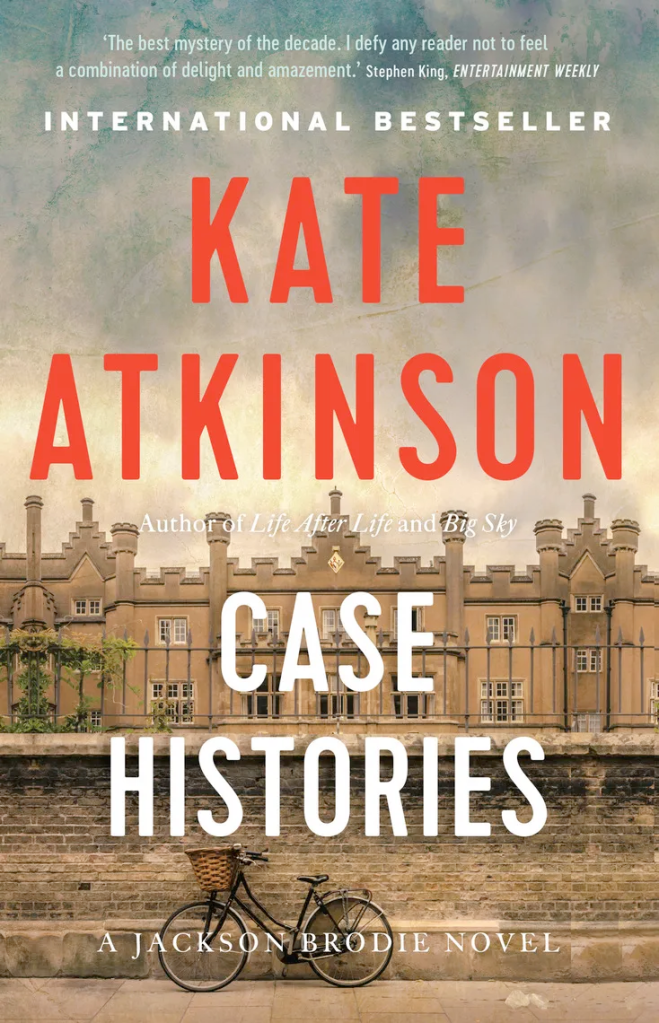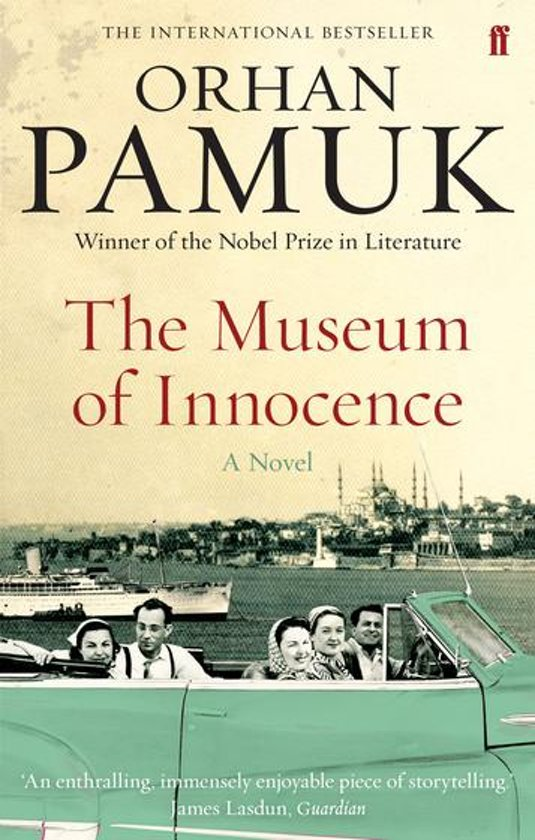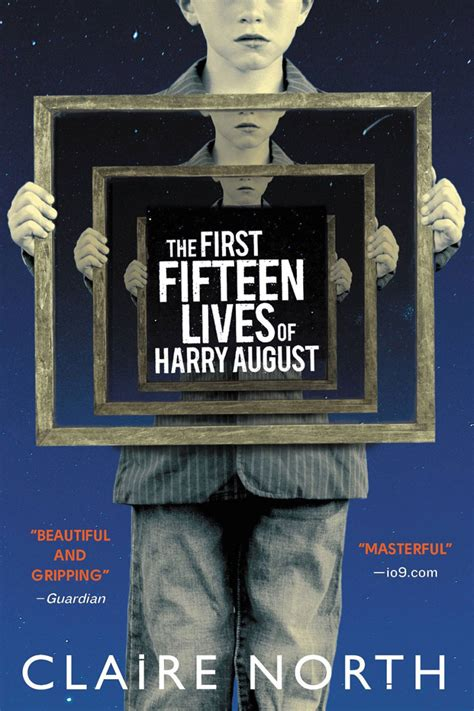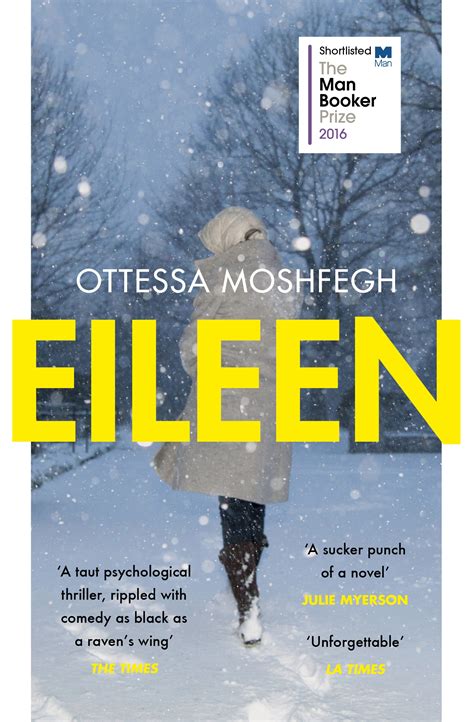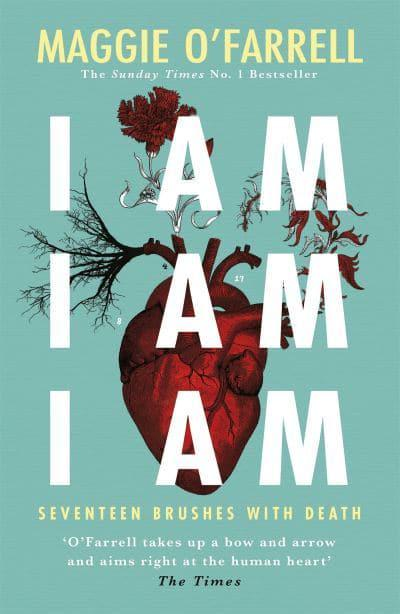
I Am, I Am, I Am is something truly unique. An autobiographical account by acclaimed author Maggie O’Farrell, it is no linear account of a life. We don’t start with childhood or end with the present day; instead O’Farrell offers a glimpse at her frankly astonishing life through the lens of seventeen real-life near-death experiences. Yep, seventeen.
She writes with raw, unflinching honesty about childbirth, parenting and miscarriage – heart-rending everyday traumas – and will have your jaw dropping with some unbelievable brushes with death and devastation. Narrowly escaping a brutal murder? Realising decades later that you were one kind stranger’s clear-headedness away from being the victim of a celebrity paedophile? The latter isn’t even one of the seventeen events, just a startling aside in another story! I can barely imagine the excitement her publisher and agent must have felt when they first read this – I mean, honestly, what are the chances?!
Reading this book, it’s unbelievable that O’Farrell didn’t rise from obscurity on the basis of this life story but is in fact famous for her fictional tales. Certainly, she has had many rich seams of drama to mine for them. In the chapter about her childhood encephalitis (a life-threatening inflammation of the brain tissue that left O’Farrell unable to move and causes her a variety of issues to this day), she recalls hearing a nurse telling off a boy in the hospital corridor for making too much noise, saying “There’s a little girl dying in there,” a dreadful moment that she included in one of her novels. Imagine hearing such a thing as a little girl in that offhand, eavesdropped way and suddenly realising, from that, the severity of your situation! It doesn’t bear thinking about.
A quote on the back of my copy of this book, from Tracy Chevalier, says, “I have never read a book about death that has made me feel so alive,” and that just about sums it up for me. I have laughed out loud reading this book on trains and been reduced to unstoppable tears in cafes. I have had the worst day of my life retold to me in a way that was so beautiful and terrible and true that I felt understood in a way that was almost overwhelming. I am quite good with words but I’ll never be this good. Then I would delve into another chapter that took me somewhere I have never been and hope never to be and would be riveted, nailed to the spot. I have been late because I could not put this book down. I can’t remember when I last read something that made me feel so much. Maggie O’Farrell is truly an amazing writer, and hers has been a truly astonishing life.

